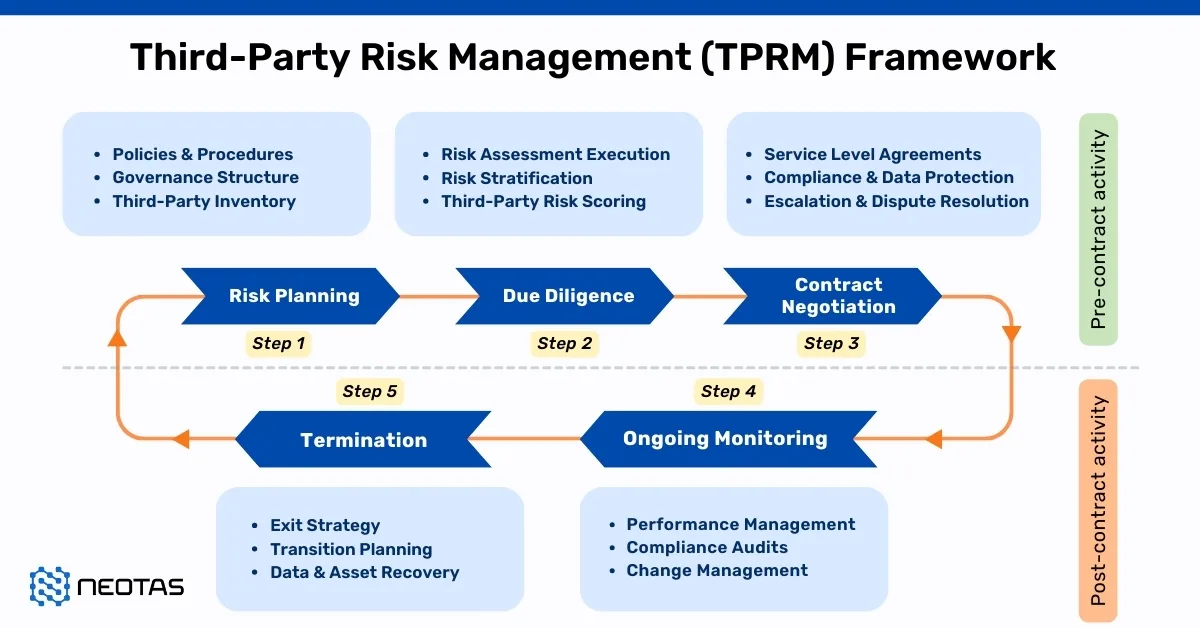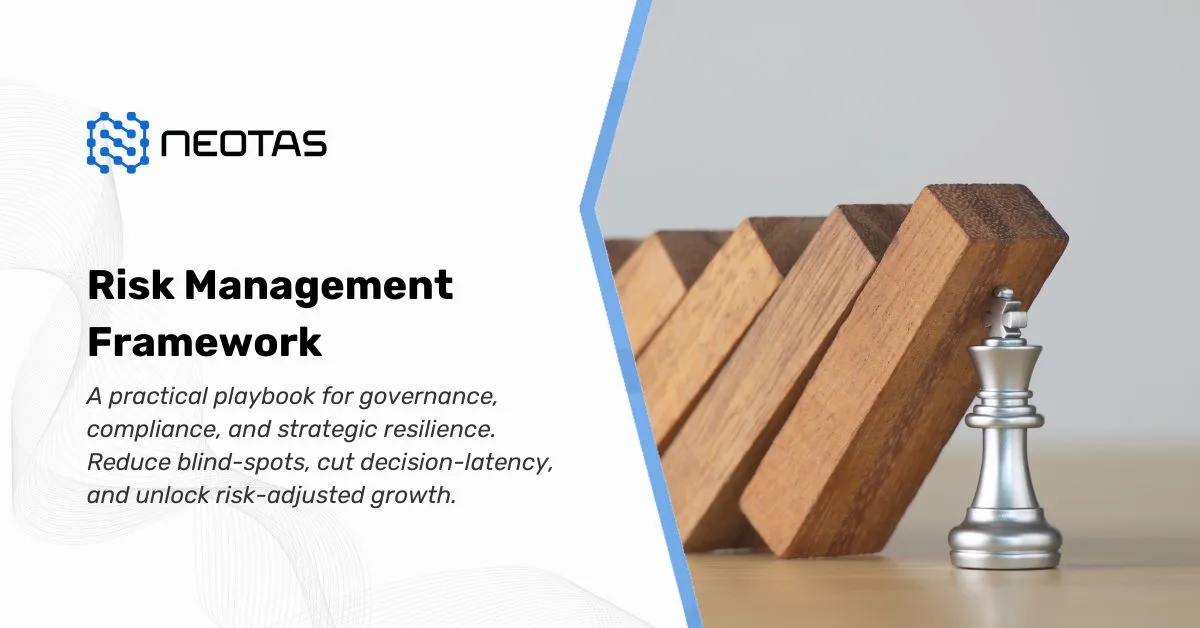Sharing is Caring. Right?
The emergence of sharing economy companies, such as Uber, Airbnb, and Bolt has brought a question mark around the level of due diligence conducted on service providers. Does the very nature of the sharing economy, which has called into question the regulatory system surrounding it, provide a platform for crimes to be more easily committed?
A spate of crimes has caused calls for more stringent background checks to be completed. One piece of research has found that 30% of platform providers have “serious inconsistencies in their licensing and identities”, with even taxi drivers admitting that checks need to be more stringent. Uber also lost its London licence after TfL found drivers faked their identity, and a government report found that licenses were issued to criminals convicted of serious crimes.
So, what is currently being done to combat these issues? Well, Uber state on their website that background checks “vary from city to city” and Airbnb’s website states their “limited background checks” are on the condition of “if we have enough information” and “cannot guarantee” they will identify “all criminal convictions or sex offenders”. The very wording clearly shows these platforms know their checks aren’t stringent enough. Surely if consumers are expected to take a ride in someone’s car or stay in someone’s home, we should be able to trust them and the companies in which employ these people. So, what can companies do to maintain this trust?
The answer is simple – more stringent checks. Open Source Intelligence (OSINT) checks can delve deeper than standard database checks to highlight clear risk indicators. There is a clear need for regulatory reform through the issues highlighted throughout the industry. Personal safety charity Suzy Lamplugh Trust notes that “the highest level of criminal checks is not required in law” allows a “minority [to slip] through the net”. In the ‘Age of the Internet’, checks need to keep up with this online society that has been created, and OSINT provides an extra step for that extra layer of security.



 New Whitepaper and Checklist
New Whitepaper and Checklist
























